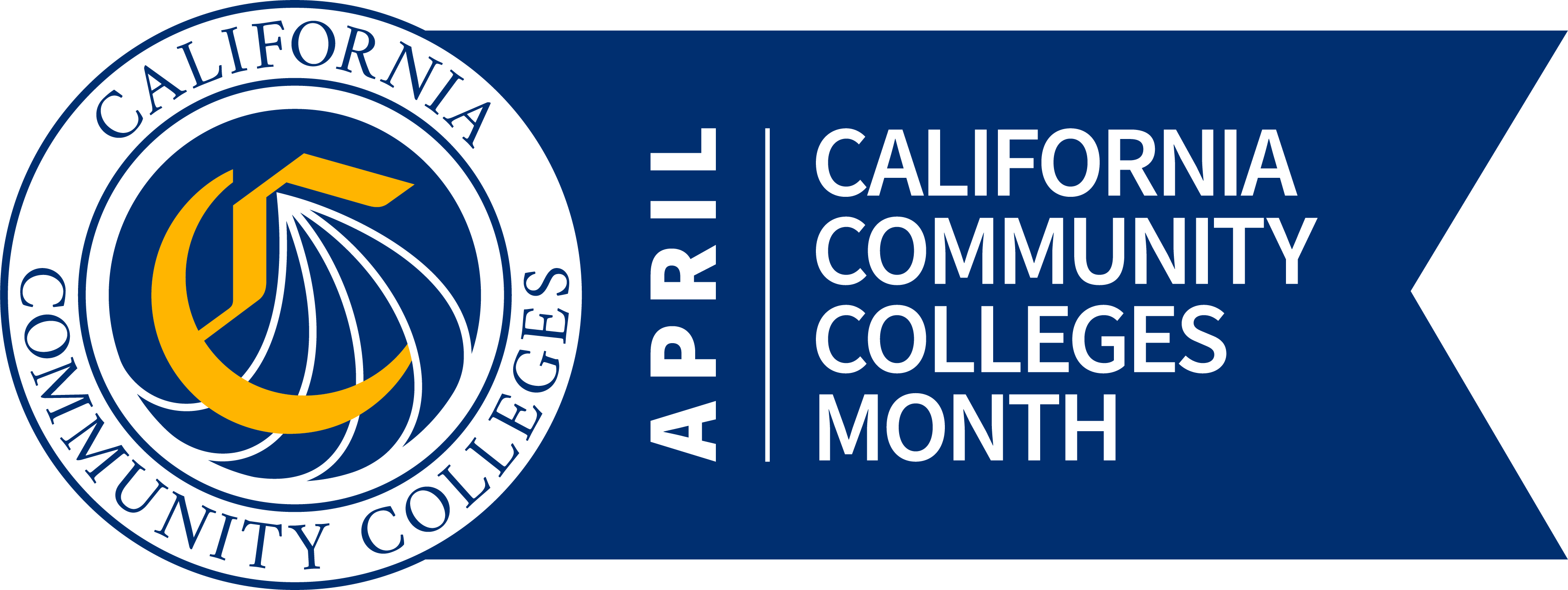For six years, Shasta College has received grants from the U.S. Department of Justice, Office of Violence Against Women, to build and expand programs that reduce sexual assault, stalking, and dating and domestic violence. This year’s grant of $549,133 will allow the college to expand its programming to nearby Simpson College.
Though Simpson is a small, private college, “we are all part of the same community,” says Amy Schutter, Shasta’s director of grant development.
“We asked ourselves what we could do to foster a community wide connection and create a culture of safety. Simpson is our nearest neighbor, and we share the same community partners. They’ve never had a program like this, and we wanted to share best practices with them.”
Those best practices are all folded into Shasta’s CARES program (Campus Advocacy, Resources and Education for Safety), which was established as a partnership between the school’s public safety and health departments, the Redding police department, and One Safe Space, a resource organization for victims of domestic violence. Schutter is serving as interim director of the CARES program.
CARES programming focuses on both education and prevention strategies: building healthy relationships, bolstering communication skills, and recognizing the warning signs of abuse. Bystander intervention strategies are included, so those who see something have the tools they need to say something.
All incoming students take the “Not Anymore” prevention course, and lessons are reinforced at student orientations. After all, the psychological effects of violence and abuse will affect academic performance as well as other aspects of the student’s life.
Policies and protocol are baked into the CARES program, so that when an incident arises on campus or off, victims know whom to contact for help. In turn, college personnel and law enforcement are trained in trauma-informed practice. When students need to be referred to a social service agency, that hand-off is smooth. Gone are the days when victims are given a list of phone numbers to call if they need more help, says Schutter.
“All our initiatives point towards fostering a culture where these types of crimes are not tolerated,” says Schutter, adding that each year the program expands a bit. “We’re now working with special equity groups, translating materials into American Sign Language and Spanish, for example, and have taken the program to our three satellite campuses.”
Shasta and Simpson have frequently worked together on projects such as veteran support and Covid testing, says Mark Endraske, Simpson’s dean of students and Title 9 coordinator. “This is another great opportunity to continue to build on a positive working relationship and to expand the programming we already have in this area.”
For Simpson, the first order of business will be to hire a coordinator and organize its internal coordinated response. That includes school policies, disciplinary protocol, and steps for liaising with the police. Much of the technical assistance and training to do this comes from the federal government. The partnership will allow the two colleges to leverage resources and coordinate training, working together to promote healthy behaviors, safety, and accountability.

